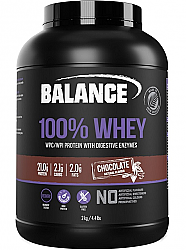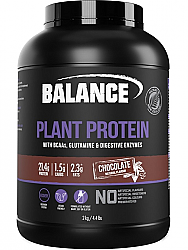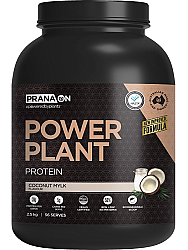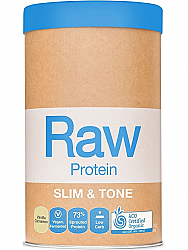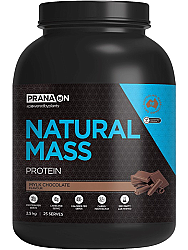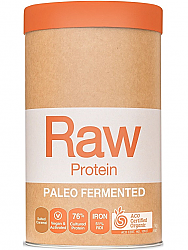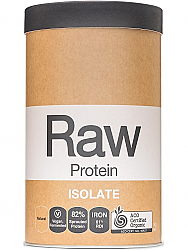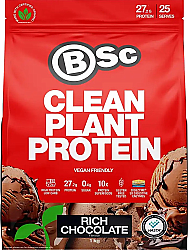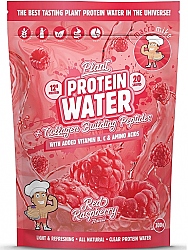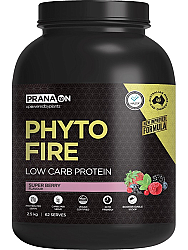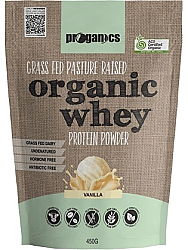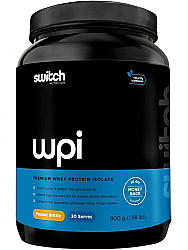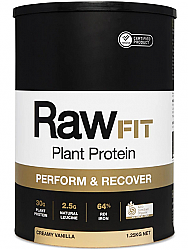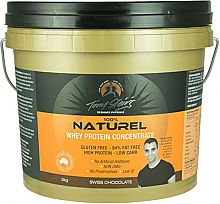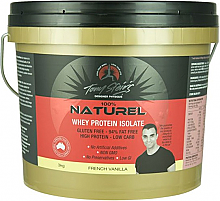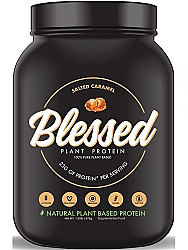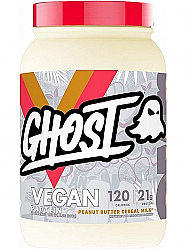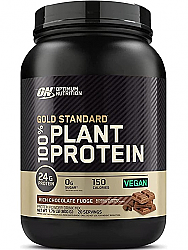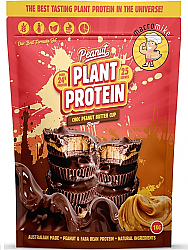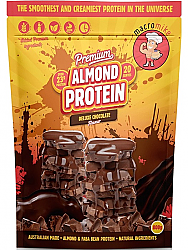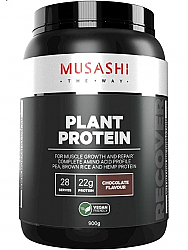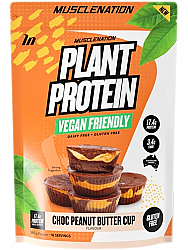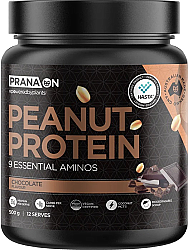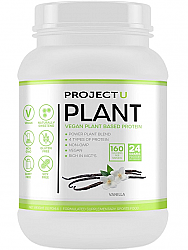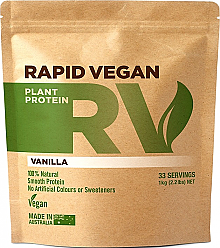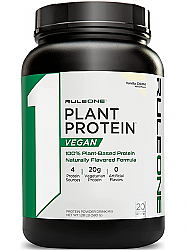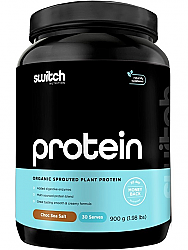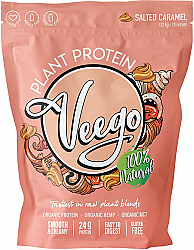Natural Protein Powder
-
Price 0
-
Brand 0
-
Category
- Natural Protein (28)
- Protein Powder (76)
- Protein Bars (46)
- Whey Protein (38)
- Lean Protein Powder (31)
- Vegan Protein (27)
- Vegetable Protein (26)
- Plant Protein Powder (26)
- Lactose Free Protein Powder (25)
- Protein Blends (25)
- Protein Snacks (21)
- Protein (21)
- Whey Protein Isolate (WPI) (20)
- High Protein (16)
- Whey Isolate / Concentrate Blends (16)
- High Protein Low Sugar (14)
- Mass Gainer Protein (14)
- Low Carb (13)
- Weight Loss Protein Powder (11)
- Protein Powder for Women (11)
- Slow Release Protein Powder (11)
- Beef Protein (11)
- High Protein Low Carb (11)
- Low Sugar (8)
- Protein Cookies (7)
- Pea Protein (7)
- Casein Protein (Night Time) (6)
- Low Fat (6)
- Gluten Free (6)
- Protein Custard (5)
- Hydrolyzed Whey Protein (5)
- Meal Replacement Shakes (5)
- Protein Pancakes (2)
- Egg Protein (2)
- Power Bars (2)
- Designer Physique (2)
- Organic (2)
- Whey Protein Concentrate (WPC) (2)
- International Protein (1)
- Designer Physique (1)
- Designer Physique (1)
- Soy Protein (1)
- BSc (Body Science) (1)
- BSN (1)
- Designer Physique (1)
- Show more [+]
About Natural Protein Powder
For decades the protein powder industry has been reliant upon artificial sweeteners, chemical flavours and even unnatural colours. Two of the most commonly used artificial sweeteners to this day are sucralose and acesulfame potassium. These are often used in combination to not only sweeten the product, but also to enhance the flavour. However, as we are finding out through scientific research, artificial sweeteners may not be the best for our long term health.
Consumer interest in natural sweeteners has been on the increase in Australia for many years now. As a result, companies are scrambling to find the next natural alternative to artificial sweeteners that can closely match the perfect taste of white cane sugar—the gold standard of sweetness. Fortunately, due to consumer rejection, aspartame has been practically removed from the Australian sports nutrition market, despite the fact that it had an unsurpassed ability to make supplements taste amazing.
There are already a host of naturally-sweetened protein powders on the market. The most commonly used natural sweeteners are thaumatin, stevia and xylitol. Thaumatin is a protein-based sweetener isolated from the katemfe fruit, native to West Africa. It is low calorie and is around 100,000 times sweeter than table sugar (sucrose). Compared to stevia, which is an extract of the leaf of the stevia plant—though the entire leaf can be used—which is approximately 150 times sweeter than sugar. These two sweeteners are quite popular in the industry, given that their calorie content is almost zero, and that a very small amount is needed, which means the sweetener is not diluting the active ingredients in the formulation, such as the protein. After all, the more sweetener in each serve, the less room there is for protein.
Xylitol is a polyol or sugar-alcohol that does not affect blood alcohol levels. Due to the structure of the xylitol molecule, only a small amount is absorbed into the blood, giving it a low glycemic index of 7, and carrying a sweetness roughly the same as refined cane sugar. Xylitol is typically derived from birch wood or the corn husk. Some do get concerned over the laxative effect that this form of natural sweetener may have (rarely). The evidence indicates that people completely tolerate xylitol, without any unwanted issues, at single doses ranging between 10-30 grams. Obviously, if someone is already prone to loose stools, they are more likely to experience a laxative effect at the lower end of this range. This was comprehensively reported in a research review published in the International Journal of Dentistry in 2016. Why a journal of Dentistry? Because xylitol is a powerful natural anti-bacterial. You may notice it in some natural toothpastes at the health food store, as it helps to fight tooth decay.
When it come to protein powders, we all know the importance of flavour, though of course this is secondary to nutritional value, right? The flavours that make up a protein powder can be derived from natural, nature-identical or synthetic sources, though cocoa or cacao (raw cocoa) is always natural. When you notice “natural flavours" on an ingredients listing, this indicates that the compound has been isolated from a natural source, such as the root of a plant. Nature-identical indicates that the compound is chemically identical to a natural compound found in nature, though it has been synthesized via chemical means, I.e., in a laboratory. Additionally, there are also gums added to some protein powders to improve the body of the shake once mixed in water, to reduce wateriness and improve texture or mouthfeel. These are typically xanthan gum or guar gum, the former being produced by a process of fermentation, while the latter is an extract of the guar bean.
The natural protein powder and sports nutrition industry is ever evolving to the varying needs of the consumer, and also given the advances in nutrition and natural additives. Take your time browsing our range of Natural Protein Powders to see which one suits you best.





